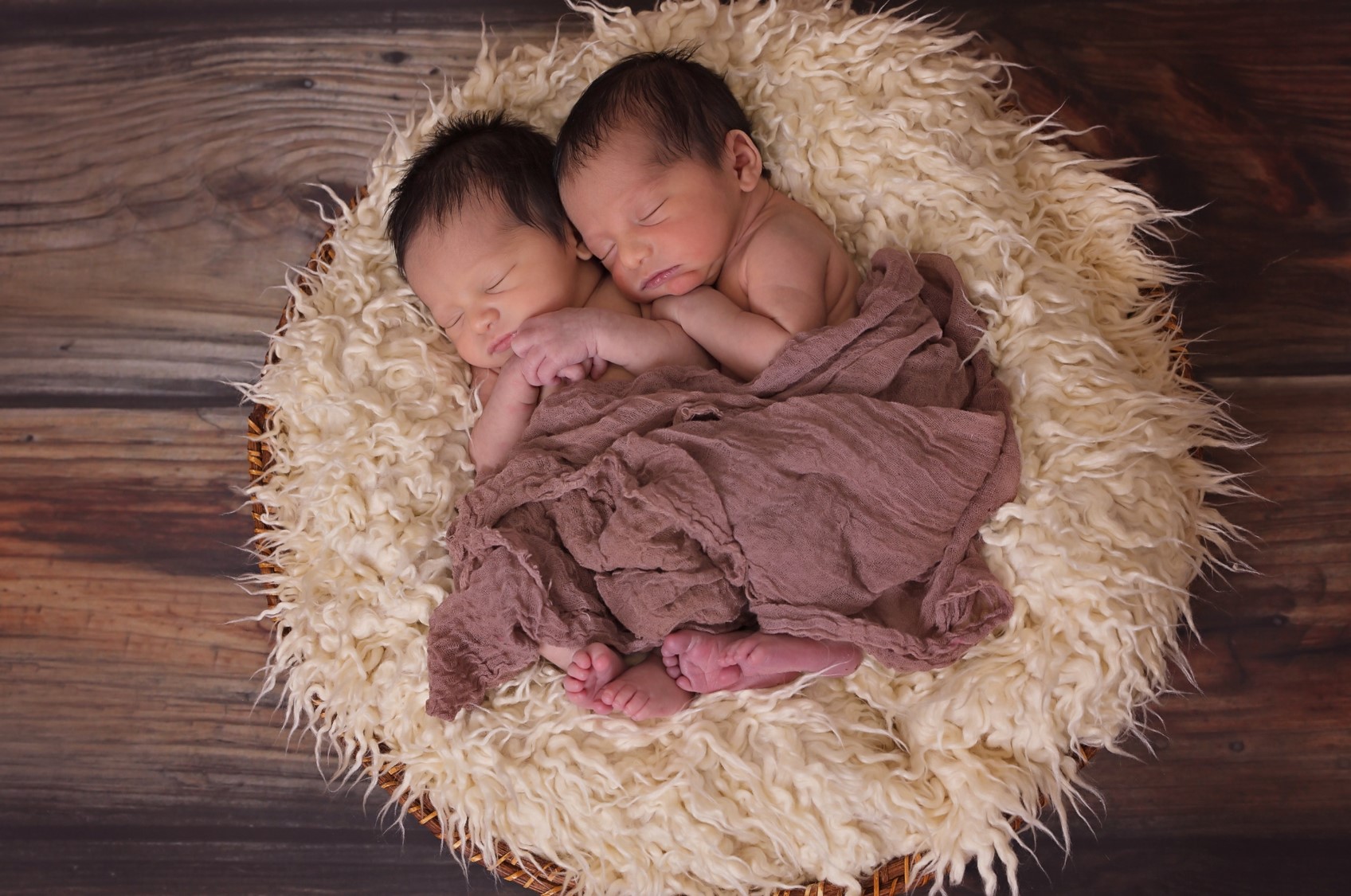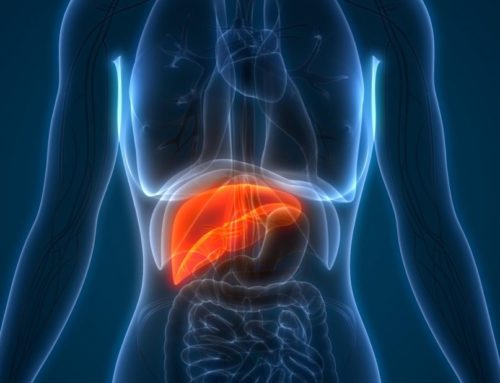There’s both fact and fiction to the rumors that twins run in families and tend to skip a generation. Here’s how heredity impacts your odds of conceiving twins.
If you or your partner comes from a family that’s brimming with twins, you may be wondering how, exactly, that influences the probability that you’ll have multiples. The answer: It does — but only in certain cases. Here’s what you need to know about the science behind family heredity and twins.
Do twins run in families?
Heredity on the mother’s side ups a couple’s odds of conceiving fraternal twins. (Fraternal twins are two babies from two eggs that were released from the ovaries simultaneously.) Some research has found that having fraternal twins in a mother’s immediate family may double the chances of conceiving fraternal twins. That’s because a certain gene predisposes some women to “hyperovulation,” or releasing more than one egg during each menstrual cycle. Women with this gene appear to have naturally higher levels of certain hormones, including those related to the regulation of releasing eggs.
Heredity on the father’s side, however, does not increase a couple’s odds of having multiples. This is true even if his family is packed with multiples. Men, of course, don’t ovulate, so even if they’ve inherited that hyperovulation gene from their parents, it doesn’t increase their own odds of conceiving twins.
What about identical twins, or two babies who have an identical set of genes because they’re from one fertilized embryo that splits in two? Identical twins appear to be a spontaneous occurrence, say experts. And there’s no evidence that being from a family with identical multiples has any impact on your odds of having twins.
Do twins skip a generation?
If you’ve heard that twins skip a generation, this myth is actually based on some truth. Here’s how: If a man inherits the hyperovulation gene from his mother, he may pass this gene on to his daughter. His daughter, in turn, is then more likely to release more than one egg when she ovulates and therefore could conceive fraternal twins. So the twins have, in essence, skipped a generation.
How likely is it that you’ll have twins?
About 3.5 percent of all live births in the U.S. are to twins. So there’s a 3.5 percent chance that you’ll conceive twins. But a few factors — not just heredity — in moms can up the odds of having twins. These include if a mom is:
– 35 or older
– Overweight
– Taking fertility treatments
– Taller than average (approximately 5’4″) height
– African American
– On a second (or higher) pregnancy
If you check more than one of these boxes, your odds increase slightly but are still relatively low.





